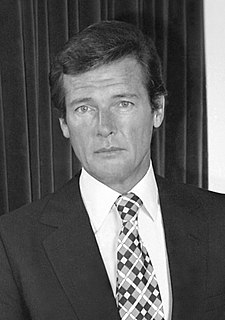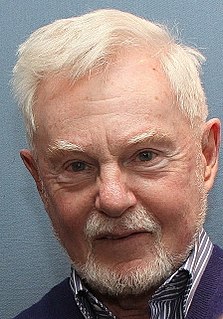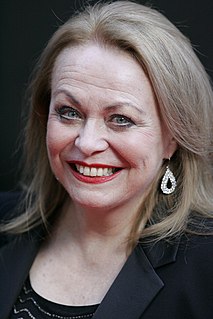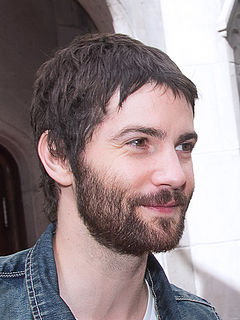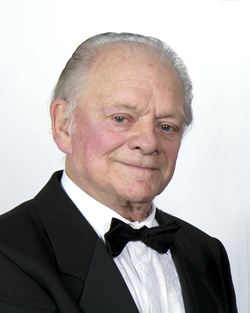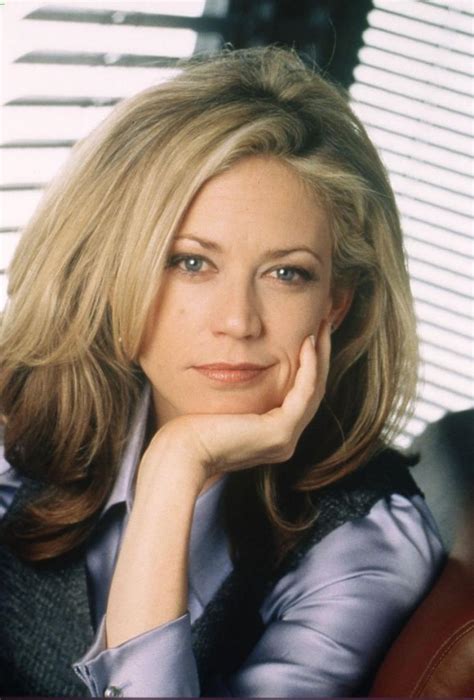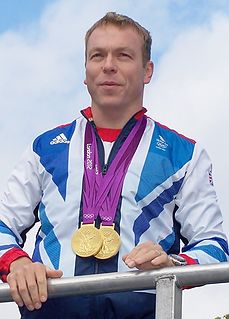A Quote by Roger Moore
The knighthood for my humanitarian work meant more than if it had been for my acting.
Quote Topics
Related Quotes
In America, we then made a commitment, particularly after World War II with the GI Bill, to massively expand our commitment to college education, and that meant we had more engineers and we had more scientists and that meant we had better technology, which meant that we were more productive and we could succeed in the global marketplace.
I've always played music and I've always been in bands and there have been periods in my life where the music has taken a much more front row seat than any acting. For a big period of time the acting work was really a way of raising money to fund my music. And then that all sort of changed around and that's fine.
I did community theater and kids programs at professional theaters and plays at school and voice lessons for seven years. I stopped because it was so time-consuming. But then I realized that I had access to this world where I could go on auditions. And there wasn't too much of an identity crisis when I started acting professionally because I had been acting longer than I had been writing. It didn't feel new.
Universities were not meant entirely, or even chiefly, as stepping-stones to an examination, but that there is something else which universities can teach and ought to teach-nay, which I feel quite sure they were originally meant to teach-something that may not have a marketable value before a Board of Examiners, but which has a permanent value for the whole of our life, and that is a real interest in our work, and, more than that, a love of our work, and, more than that, a true joy and happiness in our work.
I've always been a bit of an outsider... I just pop up, kind of. I have a life. I have children - I have three children - and I love the craft of acting; I'm dedicated to that... that's always meant more to me than just hanging out... I've always been kind of a weirdo in that respect, but if the role is good, I'm going to do it.
I nodded. A man's world. But what did it mean? That men whistled and stared and yelled things at you, and you had to take it, or you get raped or beat up? A man's world meant places men could go but not women. It meant they had more money,and didn't have kids, not the way women did, to look after every second. And it meant that women loved them more than they loved the women, that they could want something with all their hearts, and then not.
Thus much indeed he was obliged to acknowledge - that he had been constant unconsciously, nay unintentionally; that he had meant to forget her, and believed it to be done. He had imagined himself indifferent, when he had only been angry; and he had been unjust to her merits, because he had been a sufferer from them.
